Metal detecting at the beach can be a very lucrative venture especially if you focus on beaches that are popular tourist attractions like the beaches you find in Florida. In the following article, I have compiled a list of 29 beach metal detecting tips so you can make as many treasure finds as possible.
Millions of people visit beaches every year and where there are people there will be lost items such as coins, rings, and necklaces. On the beach, these items will be lost in the sand just waiting for you to find them with a metal detector.
You can not only find treasure that has been lost recently but you can also find items like old coins, rings, and pocket watches that have been lost a century ago. This is because people have been enjoying the beaches for over a hundred years.
Before the advent of air conditioning, people would go to lakes and ocean fronts to cool off during the sweltering hot summer months. And many items have been lost throughout the years making beaches prime metal detecting spots.
29 Beach Metal Detecting Tips
| 1. Use the Right Metal Detector For The Right Type of Beach | 16. Search Active Areas on The Beach |
| 2. Small Search Coils Work Best | 17. Gridding The Beach Helps You Stay Focused |
| 3. Bring Along a Sand Scoop | 18. Entry and Exit Areas Are Great Places To Detect |
| 4. Pinpointers Are Useful at The Beach | 19. Scan The Online Forums |
| 5. Learn How Tides Work | 20. Packed Down Sand Could Mean Buried Treasure |
| 6. Have a Good Set of Headphones | 21. Safety First |
| 7. Get The Proper Permits | 22. Use a Harness |
| 8. Multi-frequency Detectors Work Best | 23. Bring Along a Backpack |
| 9. Search After a Storm | 24. Don’t Get Discouraged |
| 10. The Importance of The Towel Line | 25. Avoid Busy Times |
| 11. Search Around Fire Pits | 26. Clean Up Any Trash You Find |
| 12. Slowly Overlap Your Sweeps | 27. Try to Return Other Peoples’ Property |
| 13. Hunt Around Rocky Areas | 28. Extra Batteries Come in Handy |
| 14. Searching Troughs and Scallops | 29. Know What Features Your Metal Detector Has |
| 15. Rockpools Can Be Lucrative |
The following is a list of 29 beach metal detecting tips that will help you make the most of your treasuring hunting at the beach. The more you know about what metal detectors to use and where to look the better chances you have of successfully finding that treasure that is buried beneath the sands.
1. Use the Right Metal Detector For The Right Type of Beach
You will want to make sure you have the right metal detector for your best chances of finding lost items on the beach. There are two types of beaches.
- Freshwater Beach
- Saltwater Beach
Here are a few things to consider when detecting each type of beach.
When treasure hunting at freshwater beaches you will want good target discrimination because you will find a lot of trash at many beaches and a good metal detector with great discrimination will go a long way in helping you discern the junk from the treasure.
Of course, the metal detector should be waterproof because it will get wet and you don’t want to ruin any of the electronics on it.
The best type of metal detector to use around water and at the beach would be a pulse induction detector. This type of metal detector has great ground penetration and works perfectly when there are high mineralization and salt that you will find at the beach.
The reason you need a certain metal detector for detecting on beaches is because of the high mineralization that is in the sand and the saltwater if you’re detecting on an ocean beach. Not all metal detectors work well in these types of conditions.
Digging Deeper: Different Types of Metal Detectors
2. Small Search Coils Work Best
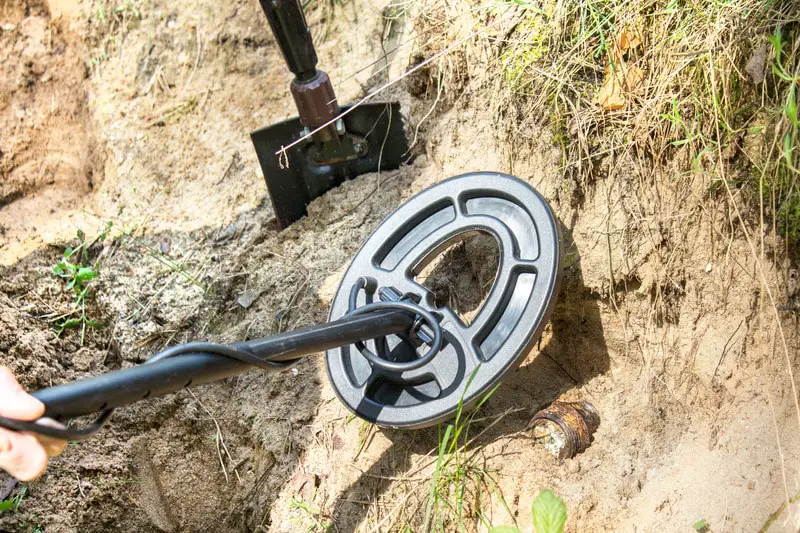
Some people think large coils work better at the beach because you can cover more ground. That’s not the case. Smaller-sized coils work best because they can better hone in on the target. This is important because the sands at the beach are always shifting and keeping the target within your sights is harder to achieve with large-sized coils.
Small coils are also better at discriminating between the trash and the treasure which is another important feature you need at the beach because of all the junk that is often laying around and in the sand.
3. Bring Along a Sand Scoop
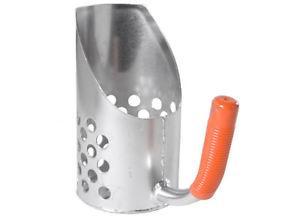
You will definitely need a sand scoop when detecting at the beach. A sand scoop helps sift through the sand which is extremely helpful in finding the target object once you have detected it.
4. Pinpointers Are Useful at The Beach
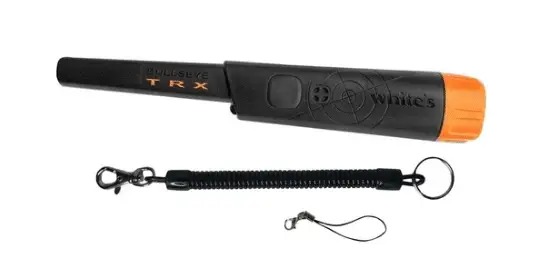
When you have detected a target a pinpointer is useful to further investigate where exactly that find is in the sand. Put the pinpointer right in the sand where the detector located a target and move the pinpointer around until you successfully pinpoint the target.
Digging Deeper: 5 Best Pinpointers For Metal Detecting
5. Learn How Tides Work
If you want to up your chances at finding treasure at the beach you will want to learn how the tides of the ocean work. Sands shift and change with the tides and along with that shifting of the sands, the treasures will shift with it.
The gravitational pull of the moon creates the tides. There are two types of tides created. The high tide and the low tide. There are two high tides and two low tides that occur every day. You will want to do your detecting on the beach during the low tide when the water has receded leaving a big open beach to search.
You want to make sure you know when the high tide is coming in so you can head further inland. You don’t want to be caught in a high tide while metal detecting because you could drown and no treasure is worth that.
6. Have a Good Set of Headphones
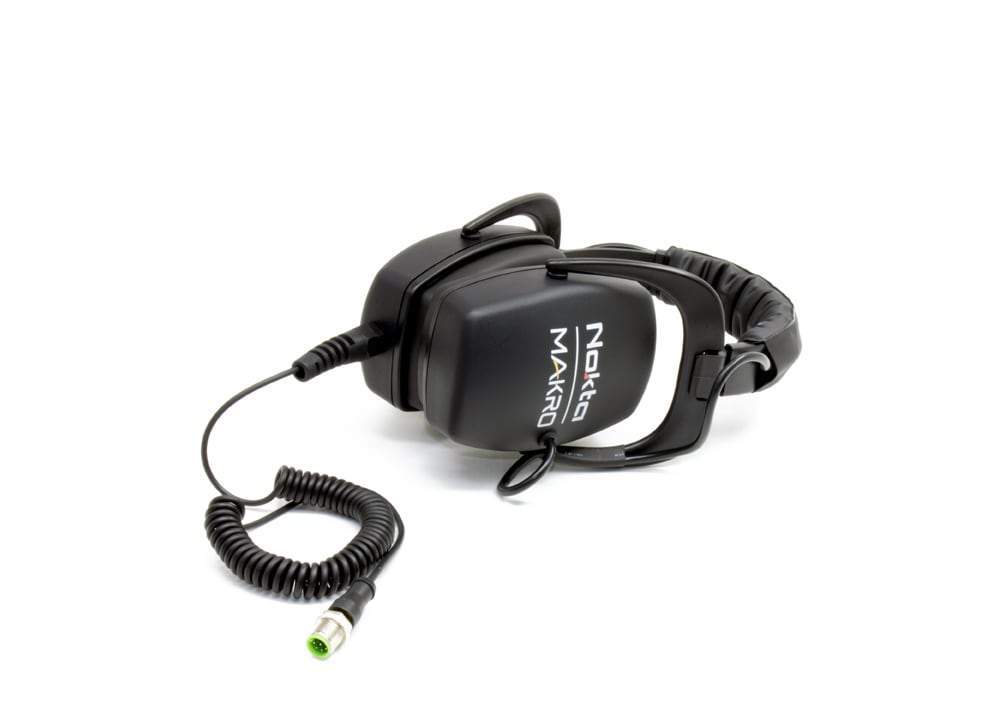
Beaches can be noisy depending on when you are there. There obviously can be people talking and waves crashing especially on ocean beaches. So you will want to have a good set of headphones so you can hear the beeps and signals that the metal detector gives off more clearly.
The headphones should be adjustable in both volume and how they fit on your head. They should also be comfortable for long periods of wear.
Digging Deeper: The 5 Best Metal Detecting Headphones
7. Get The Proper Permits
If you are detecting on a private beach make sure you get permission from the owner. Some public beaches allow metal detecting but you will more than likely have to apply for a permit. So check with your local laws so that you don’t break the law while detecting on the beach.
Digging Deeper: Legal Metal Detecting
8. Multi-frequency Detectors Work Best
Multi-frequency metal detectors cost a little more but they work best when at the beach. This is because you can adjust them so that they don’t conflict with the high mineralization and salt that the sand has.
There are so many variables at the beach so you want as much control of your metal detectors settings as possible.
9. Search After a Storm
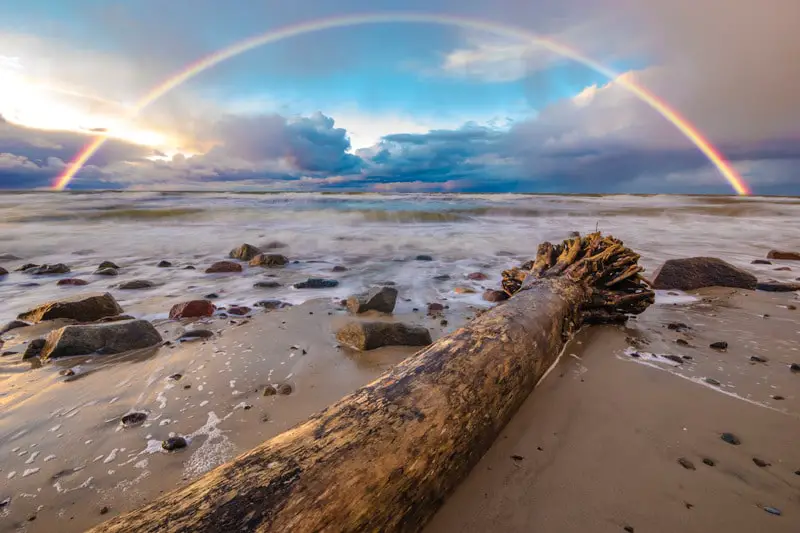
After a storm is an excellent time to go treasure hunting at the beach. Storms and huge waves can really churn up the sands and bring relics out from deep in the ocean right onto the beach. So you can detect so many more new finds right after a storm. It’s like a new beach to search for.
If the storm is big enough sometimes you can find some big relics laying right on top of the sand. You never know what you will find after a storm so, get out there and hunt.
10. The Importance of The Towel Line
The towel line is where people typically lay their towels to sunbathe. This is usually the area just above the high tide line. Seaweed will accumulate around this area making it easy to spot.
The towel line is a perfect spot to search because people will leave their jewelry and belongs here when they are tanning themselves. In this area, you will likely find rings necklaces, bracelets, and coins. So following the towel line can prove a very lucrative place to lay down your coils.
11. Search Around Fire Pits
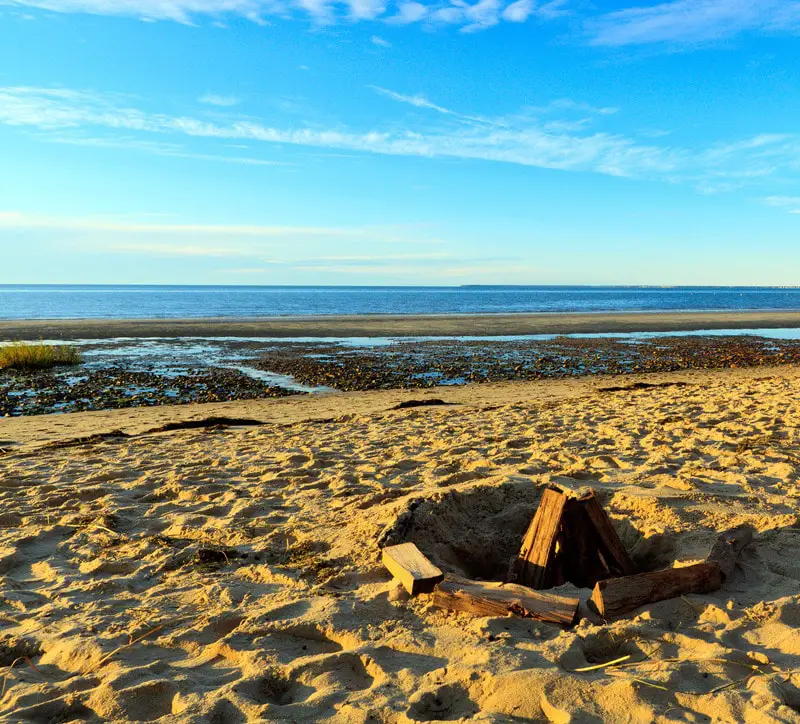
People love to have fires on the beach. If you can locate a place someone had a bonfire you will likely find lost metal items and coins in that area. Where there has been a bonfire there were probably many people around it.
Many times these people had been drinking and have fallen over losing pocket change and other jewelry. Party time for them could mean treasure found for you!
12. Slowly Overlap Your Sweeps
When detecting in the water when waves are coming in and out over your search coil it is hard to see where your detecting. So you will want to move slowly while overlapping your sweeps. You don’t want to leave any area before you have completely searched the area and overlapping your sweeps will make sure that this is done.
The slower you move your metal detector the deeper you can detect so sweep left to right about 5 seconds and then right to left about five seconds for the best ground penetration possible.
13. Hunt Around Rocky Areas
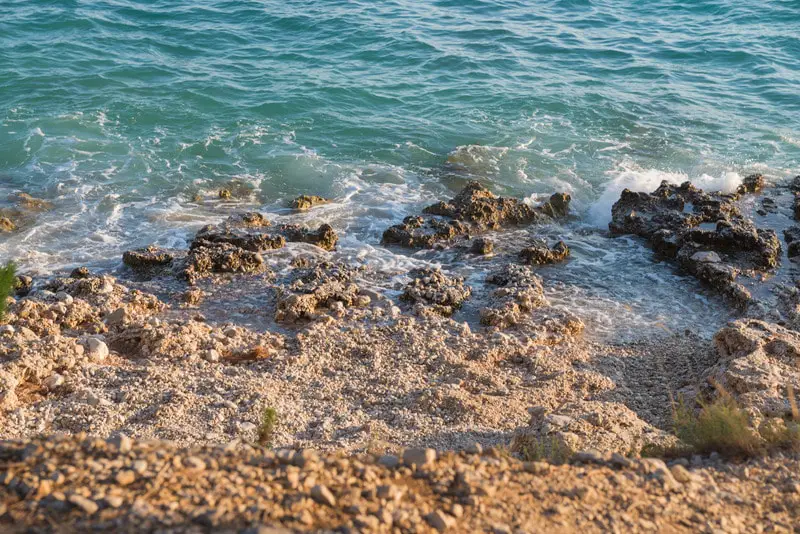
Areas that have an outcropping of little rocks and pebbles are where you will find lost rings, necklaces and coins that get trapped between the rocks. Once someone drops something in an area that is rocky it’s nearly impossible to find what they lost without a metal detector. These areas could prove a lucky day for you!
14. Searching Troughs and Scallops
You will find troughs along the waterline where the sand dips creating a trough-like area. Troughs are great places to search for treasure but they come and go quickly so make sure to search them fast and often.
Scallops are similar to troughs but they are found during the change from high tide to low tide. They look like humps in the sand that goes perpendicular to the beach. Inside the scallops might hold treasure so make sure you check them out when you can.
15. Rockpools Can Be Lucrative
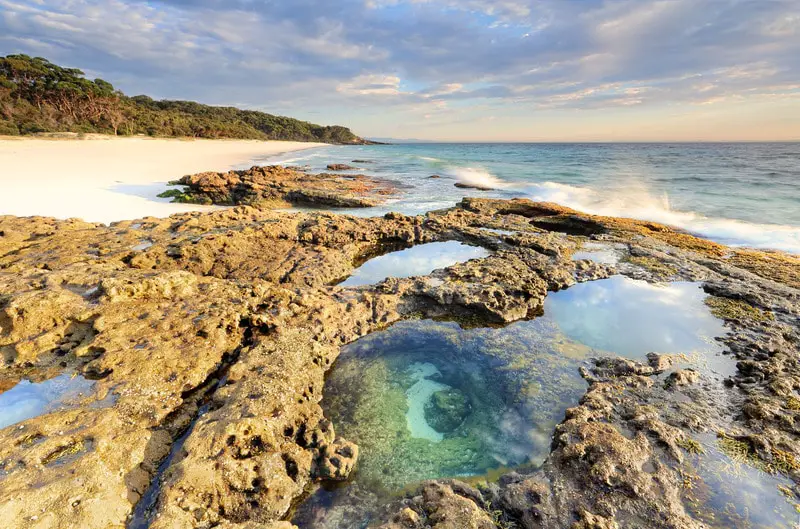
Rockpools, where water will come and go with the tides, can hold treasure that comes in with the tide. Sometimes people swim in rock pools and hang around them losing valuables. These pools fill and refill twice a day so new treasures can always be found in these areas.
16. Search Active Areas on The Beach
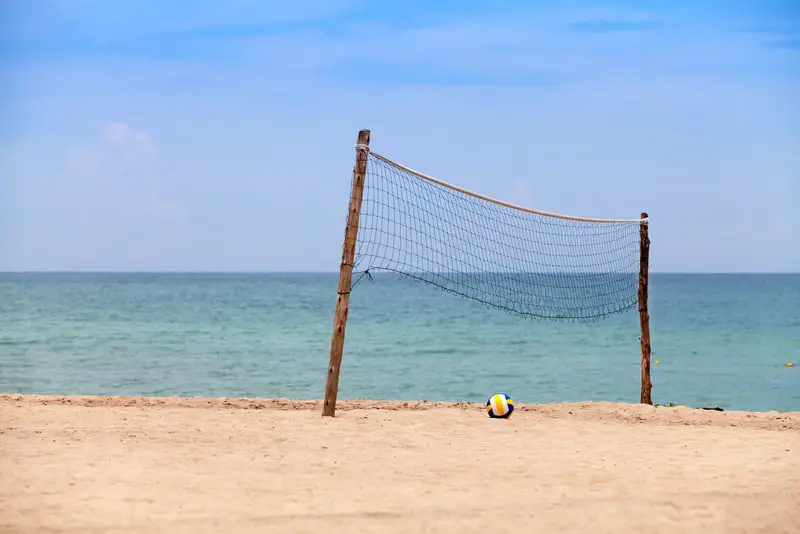
Check out areas on and around the beach where people play volleyball and football. Maybe there are horseshoe pits you can search around. Anywhere people have been active play sports can make for a successful treasure hunt at the beach. Many valuables have been lost and found in these high activity areas so don’t overlook them.
17. Gridding The Beach Helps You Stay Focused
By gridding the beach I mean stay parallel to the waterline then you want to detect a foot or so away from the waterline. And of course, overlap your sweeps as you go so that you search the most area possible for the best results. The more area you can cover on the beach the better your chances of finding treasure is.
18. Entry and Exit Areas Are Great Places To Detect
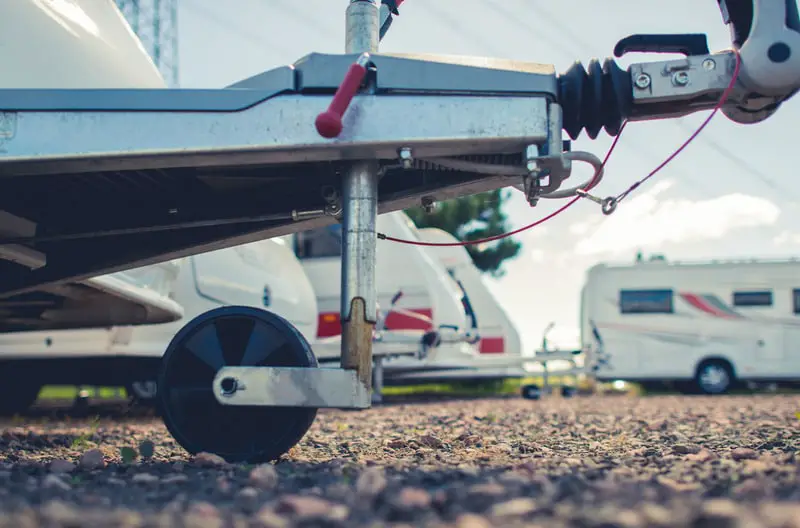
Make sure you check entry and exit points to the beach. Places like the parking lot, a walkway to the beach, and bathroom areas can hold many lost valuables. People typically carry too many belongings when going to the beach and they end up losing the smaller items in these areas.
19. Scan The Online Forums
If you live in a well-populated area where there are big beaches you will sometimes find forums online about metal detecting at these beaches. Scan the forums and read what people are finding at these beaches. You might just find some juicy nuggets of information that will help you in detecting these beaches.
The more you know about a particular beach like the tidal action the better chance you will have at finding treasure. Reading about other people’s finds is encouraging and will get you excited to start treasure hunting at that beach.
20. Packed Down Sand Could Mean Buried Treasure
Look for areas in the sand that seem to be packed down. This could mean something metal could be buried in that area. Sometimes treasure will get stuck in the clay area of the sand and that’s prime pickin’ for you. It’s also the easiest place on the beach to dig.
21. Safety First
The 21st tip but should be the first tip is safety should always be on your mind when you are metal detecting at the beach. Be aware of your surroundings and always know when the tides are coming in and when they are going out and for how long.
Be aware of people around you, especially curious children. You don’t want to knock someone over while you are swinging your metal detector. It’s easy to get into a rhythm while metal detecting.
It’s like when people are busy on their phones and not paying attention to where they are going so just be aware of the people around you so that you can avoid unnecessary accidents.
22. Use a Harness
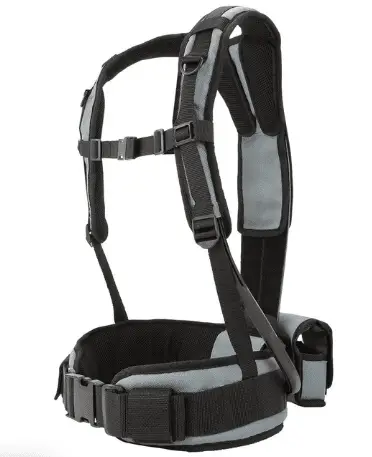
You will want to consider using a harness to lug around your metal detector at the beach. Getting a shoulder harness with a hip strap will save your back, legs, and arms from fatigue after hours of metal detecting. Metal detectors can get quite heavy over long periods of swinging it around on the beach.
23. Bring Along a Backpack
Make sure you have a good backpack with you as well. You can carry your pinpointer and scoop in the backpack and it also works well for storage of any treasure you find at the beach. A backpack makes life much easier because it’s easier than lugging a duffel bag around which you would have to set down frequently.
24. Don’t Get Discouraged
You probably won’t find something of value every time you go beach metal detecting so to combat discouragement don’t spend all your day searching one little area of the beach.
After a few hours and you don’t find anything then check out a different beach altogether. But just realize you might not find a treasure every time don’t let that discourage you from coming back another day and trying again.
25. Avoid Busy Times
The best times to metal detect at the beach are either early in the morning or late at night. This way you avoid large crowds. When there is a lot of people at the beach you will run into problems with places to detect and you will get in the way of other people’s fun.
Weekends are also bad times to detect at the beaches. So plan your outing wisely. You don’t want to give detectorists a bad name by getting in everyone’s way at the beach.
26. Clean Up Any Trash You Find
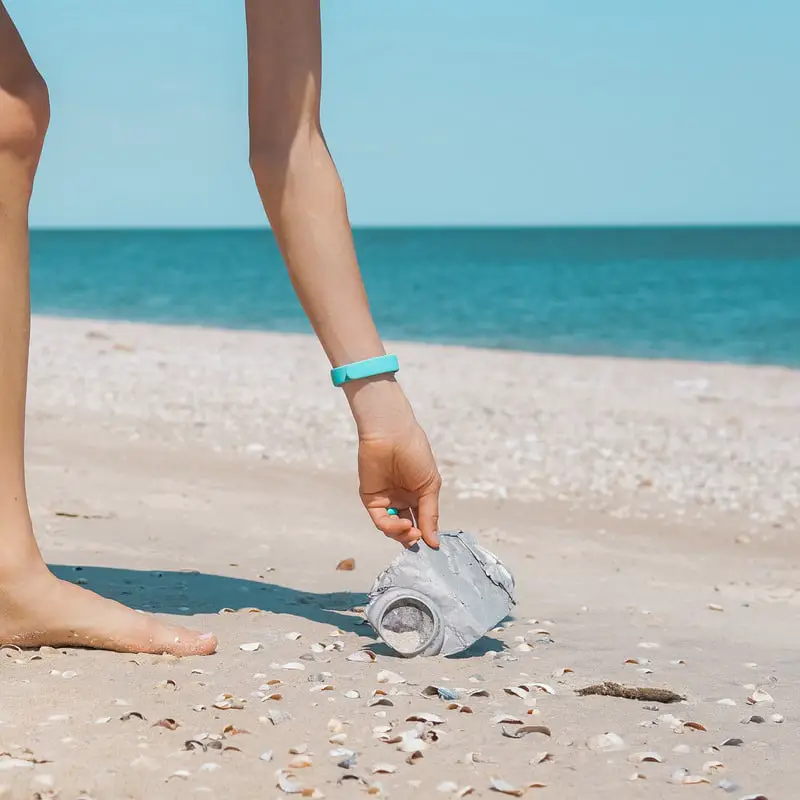
Do the environment a favor and pick up any trash that you might find while detecting at the beach. This not only helps the environment it will help you next time you treasure hunt at the beach because you will know the trash has been picked out and mostly treasure will be left.
After all, everyone loves a clean beach and this is the perfect time for you to do your part and make your metal detecting more successful the next time around.
27. Try to Return Other Peoples’s Property
Although whatever you find on the beach is by law your property you will want to try and find the owners of finds if there are clear etchings that identify who owns that property. This is not only ethical but morally the right thing to do. And who knows you might get a reward for returning it to its rightful owner.
28. Extra Batteries Come in Handy
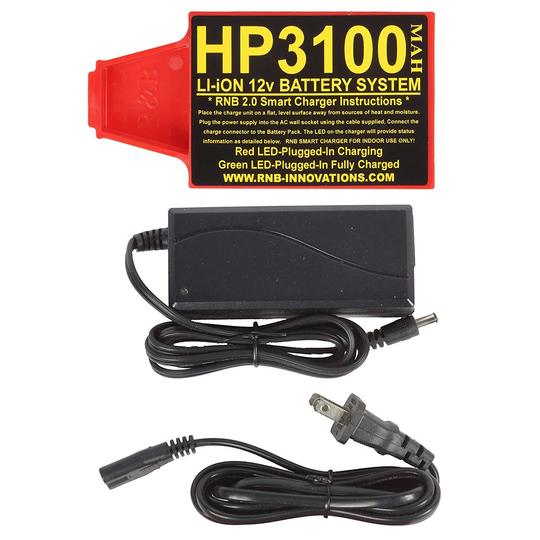
Metal detector batteries sometimes drain quickly because of the mineralization of the sand and salt so if you want to detect all day long you will want to at least brings an extra set of batteries or have another battery charged and ready.
By carrying extra batteries you will ensure an entire day of metal detecting and more chances at finding that elusive treasure.
29. Know What Features Your Metal Detector Has
You will want to know your metal detector well before going to the beach. More than likely you will need to make appropriate adjustments depending on the beach your at in order for the detector to work properly around the minerals in the sand and or the salt.
Knowing what features your metal detector has and how to use them will go along way in your success at metal detecting at the beach. So make sure you thoroughly read the owner’s manual and test the metal detector before going treasure hunting.
Beaches Are Constantly Changing Treasure Troves
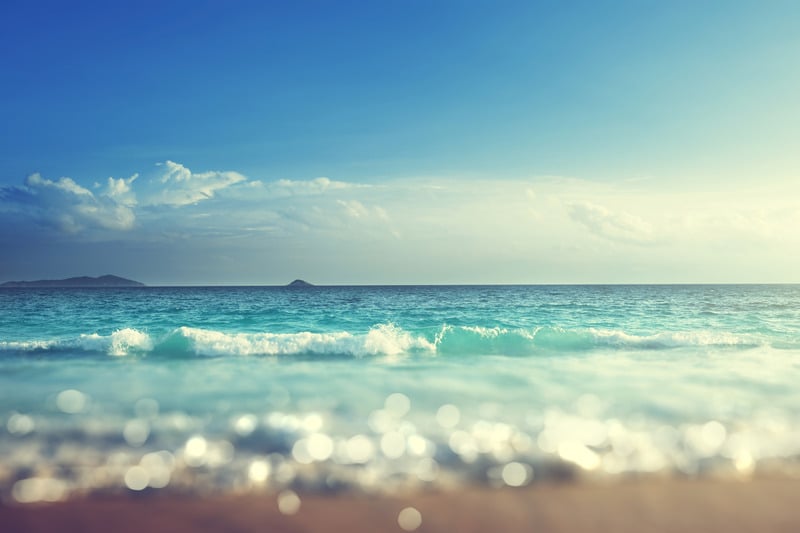
There you have it, 21 beach metal detecting tips that will help you make the most of your treasure hunting at the beach. These tips will help you find more treasure and keep you safe while at the beach.
I know you will love treasure hunting at the beach. It’s fun and exciting and you never know what is going to wash ashore and get caught under the sand. The beach environment is constantly changing so your treasure finds are endless from day to day and hour by hour.
A beach is like a treasure chest that is always being emptied and filled with treasure. Get out there and hit the beach today!
If you have any questions or comments please leave them in the comments section below. And until next time Happy Treasure Hunting!
Thank you for this article. I suspected some of these tips before reading them, but it was great to have them all in one place. I appreciate it.